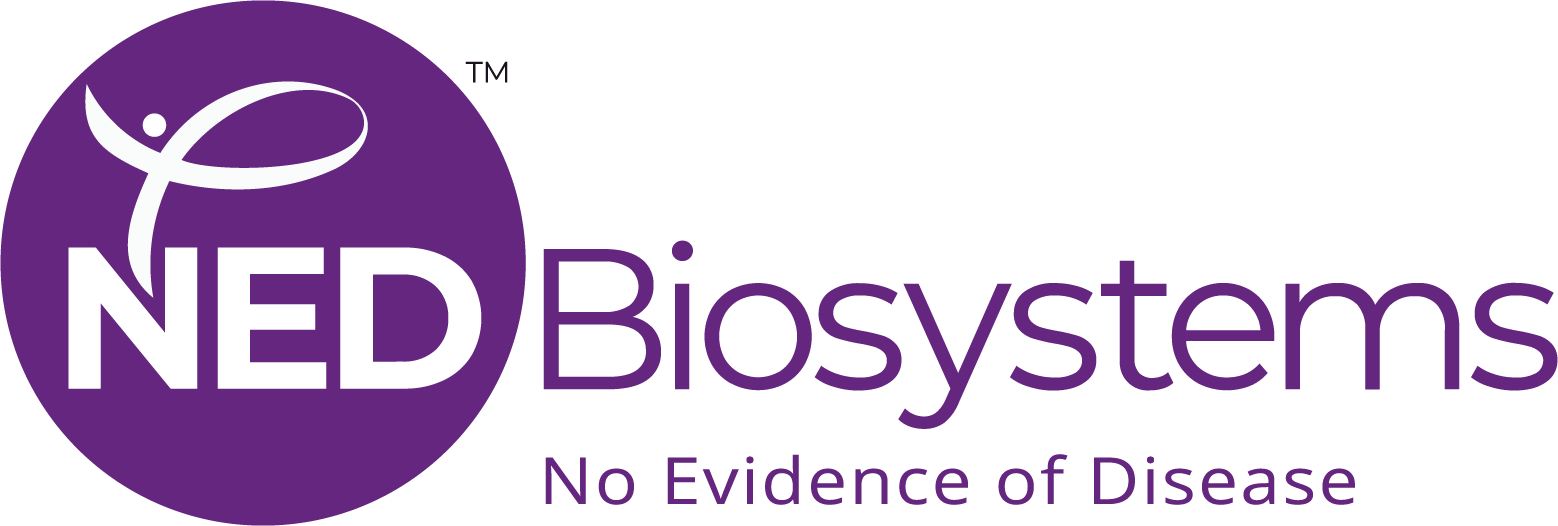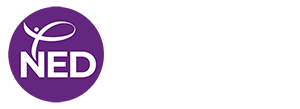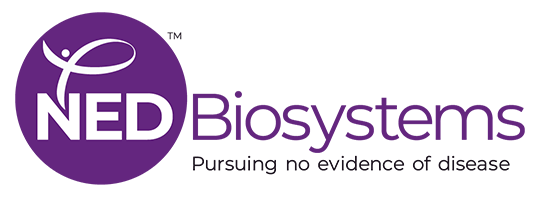See full story here: http://www.bioworld.com/report/BWT02082019NED.pdf
By Michael Fitzhugh, News Editor, BioWorld Volume 30, No. 27
February 8, 2019
NED Biosystems Inc., a Cambridge, Mass.-based venture developing a seven-agent combination therapy for cancer, has secured a U.S. patent for the treatment, called NED-170. The oral regimen, which comes in a daily seven-pill pack, targets both angiogenic and immune response pathways for the potential treatment of several types of cancers. If successful, it could potentially help not only extend lives, but also drive down the costs of cancer care in certain cases.
The company’s name is pronounced letter-by-letter as an acronym for “no evidence of disease.” It was founded in 2013 by Rebecca Lambert, whose younger sister was diagnosed with stage IV leiomyosarcoma and told that she had less than a year to live, a prognosis made especially heartbreaking since she had a young son. Lambert, who was working on Wall Street at the time, quit her job to help her sister, eventually connecting in that mission with Harvard University’s Judah Folkman, a late scientist known for his research on tumor angiogenesis. With his help, Lambert built a team that put together a regimen of drugs that helped her sister live for nine years, a refinement of which now forms the heart of NED-170.
Lambert, now chairman of NED’s board, told BioWorld that “my goal for my sister’s therapy in 2001 is identical to ours at NED today, to chronically control cancer’s growth and spread, permit patients to significantly extend life and live life with the full quality we associate with health each day.”
To support that work, the company has raised more than $3 million out of an anticipated $10 million series B it expects to close before the end of the second quarter. An earlier series A round provided the company with $1.5 million in 2015.
As patented, NED-170 contains a mix of three generic drugs, cyclophosphamide, metformin and naltrexone, and four GMP-grade natural products, alpha-lipoic acid, curcumin, genistein and melatonin. “The seven compounds are all selected so that they have very specific biological activity because we want multiple driver processes of cancer,” CEO Marc Blaustein told BioWorld. Each is given at a dose that’s known to be well-tolerated and has been selected to avoid drug-drug interactions, he said. Taken together, the medicines act to target two fuel supplies of growing tumors — angiogenesis and metabolism — while simultaneously aiming to boost immune response and apoptosis.
To test expectations for the combination, the company is gearing up for a small phase I/II trial which its team hopes to begin around the middle of this year. The open-label study is designed to enroll 10 patients in each of two arms, one focused on the rare cancer cholangiocarcinoma and the second testing the regimen in triple-negative breast cancer. Blaustein said he expects the trial to take about 18 months to run. In addition to safety data, investigators will also be looking for additional tumor response using RECIST criteria, progression-free and overall survival.
If successful, the company will decide whether to seek a partner to proceed with its work, raise additional capital or potentially go public, Blaustein said. Initial plans also include running a registration-directed cholangiocarcinoma trial to support a 505(b)2 new drug application while also looking ahead to phase III studies in other indications or potentially a basket trial.
The company announced Thursday that the U.S. Patent and Trademark Office has awarded it U.S. Patent No. 10,195,219 for NED-170, a protection that expires no earlier than 2034. Blaustein said his team is also pursuing intellectual property protections in other major markets.
As a Delaware Public Benefit Corporation, the company is also aiming to make a positive impact on the world by providing an at-home, low-toxicity therapy. “That goes with our quality-of-life focus,” he said. “But it also means that the costs that you typically associate with cancer care, including managing intense side effects and special delivery at infusion centers, you should be able to avoid with NED-170, meaning it could be very effective for overall cancer treatment.”
Another part of the company’s long-term vision, Lambert said, is to provide cancer treatments to under- and unserved patients in the developing world. “Requiring neither sophisticated clinical infrastructure nor cold chain management, NED-170 is uniquely suited to make cancer treatment possible in the developing world where today most patients lack any treatment,” she said.



